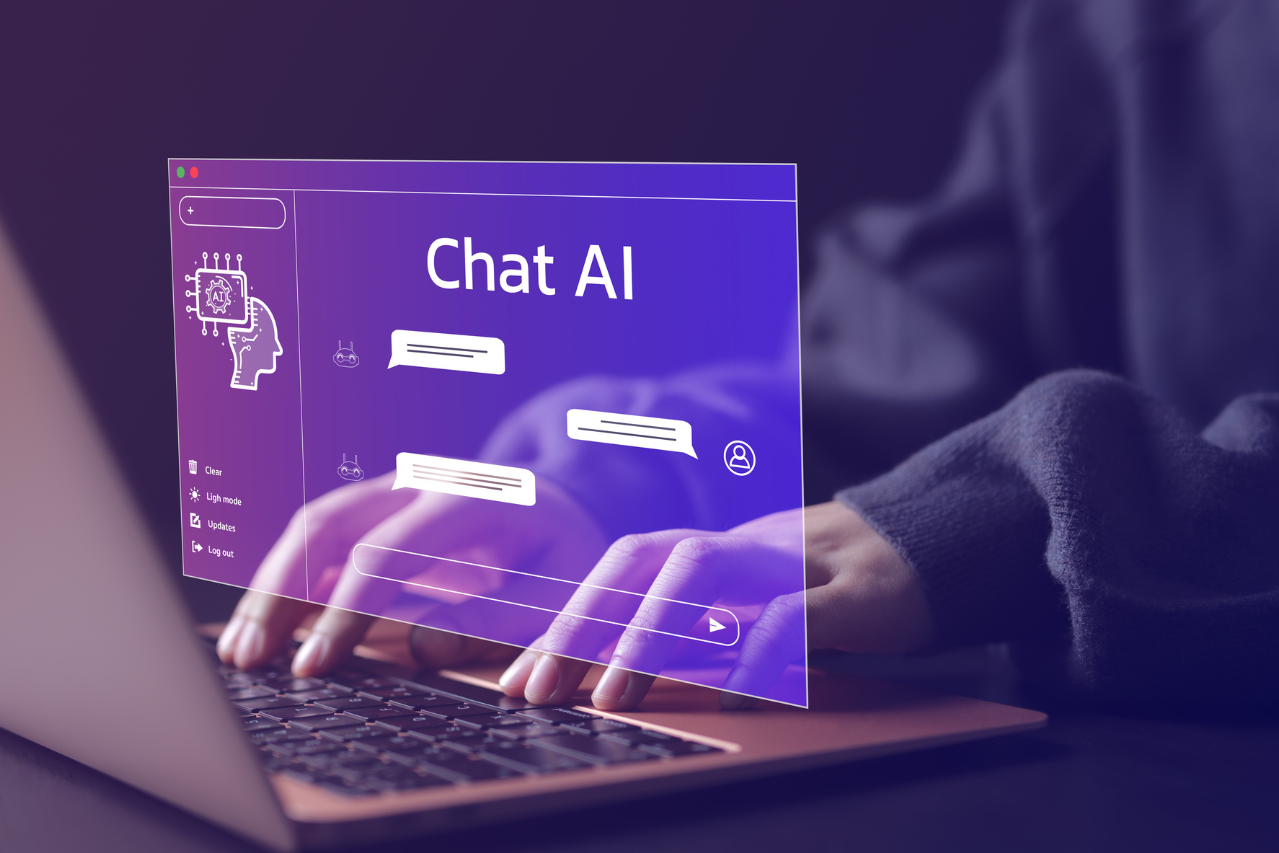The use of AI chatbots in healthcare has surged in recent years, providing patients with quick access to information and support. As these digital assistants become more integrated into patient care, a crucial question arises: can AI chatbots accurately answer patient questions?
Understanding AI Chatbots in Healthcare
AI chatbots are software applications that use natural language processing (NLP) and machine learning to simulate human conversation. In healthcare, these chatbots can assist patients with a variety of tasks, including:
- Providing Medical Information: Offering general health advice, medication information, and answers to common medical queries.
- Symptom Checkers: Helping patients assess their symptoms and directing them to appropriate care.
- Appointment Scheduling: Facilitating the booking of medical appointments and follow-ups.
- Patient Support: Providing mental health support or reminders for medication adherence.
Accuracy of AI Chatbots: What the Data Says
General Effectiveness: A study published in the journal NPJ Digital Medicine (2020) found that AI chatbots could correctly respond to patient queries about common conditions approximately 60% to 80% of the time. This accuracy rate is comparable to that of healthcare professionals for basic inquiries, highlighting the potential of chatbots in delivering reliable information.
Symptom Assessment: In a study conducted by researchers at the University of California, San Francisco, researchers evaluated the performance of AI chatbots used for symptom assessment. The results indicated that the AI chatbots had an accuracy rate of around 60% in correctly recommending the appropriate level of care based on patient-reported symptoms. This suggests that while AI can be a helpful tool, it may not always provide the level of precision required for critical decision-making.
Diagnostic Accuracy: A systematic review published in BMJ Open (2021) assessed various AI diagnostic tools, including chatbots. The review indicated that while some chatbots performed well in specific areas (like dermatology and triage), their overall diagnostic accuracy could vary significantly based on the complexity of the condition and the training data used. The study emphasized the need for continuous improvement and validation of these systems.
Patient Satisfaction: Research published in Journal of Medical Internet Research (2022) found that patients reported high satisfaction levels when interacting with AI chatbots. About 72% of respondents stated they found chatbots helpful for answering questions about their health. However, satisfaction levels dropped when patients felt that the chatbot could not understand their specific concerns or provide personalized responses.
Limitations in Contextual Understanding: One of the primary challenges faced by AI chatbots is their limited ability to understand nuanced patient queries. A study in Health Affairs (2020) pointed out that chatbots often struggle with complex medical language or contextual nuances, leading to misinterpretations and inaccurate responses. The research underscored the importance of refining AI models to improve their understanding of diverse patient needs.
The Future of AI Chatbots in Healthcare
While current data shows promise in the accuracy of AI chatbots in answering patient questions, there are several areas for improvement:
- Enhancing Training Data: To improve accuracy, AI chatbots require access to diverse and extensive datasets that reflect a wide range of medical conditions and patient demographics. Continuous learning from real-world interactions can also enhance their performance.
- Human Oversight: Integrating a system where human healthcare professionals oversee chatbot interactions can help ensure that patients receive accurate information, especially for complex cases that require clinical judgment.
- Improving Natural Language Processing: Enhancing NLP capabilities can lead to better understanding and interpretation of patient queries, allowing chatbots to provide more relevant and precise responses.
AI chatbots have the potential to revolutionize patient care by providing quick and accessible answers to health-related questions. Current data suggests that they can achieve a reasonable level of accuracy, particularly for common inquiries and symptom assessments. However, challenges remain regarding their ability to handle complex medical scenarios and understand nuanced language.
As healthcare continues to evolve with technological advancements, the role of AI chatbots will likely expand. By addressing their limitations and focusing on continuous improvement, we can harness the power of AI to enhance patient engagement and streamline healthcare delivery. Ultimately, while AI chatbots are a valuable tool, they should complement, not replace, the expertise of human healthcare providers.




